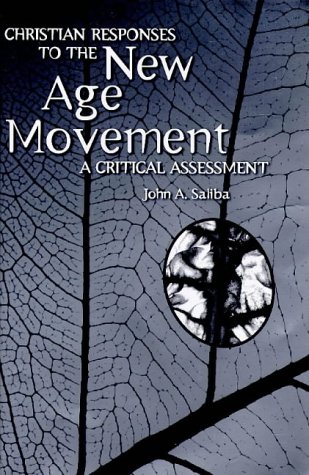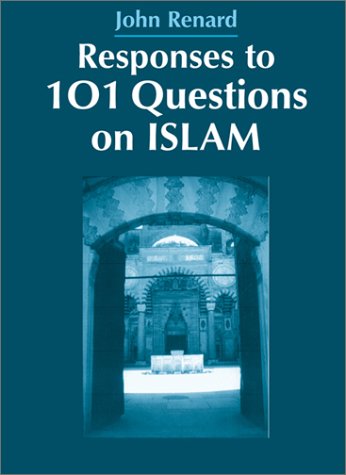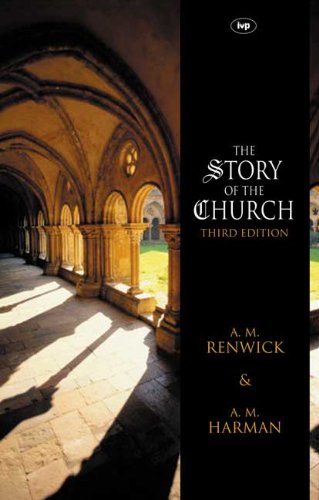This volume consists of five papers read at the annual School of Theology at Oak Hill College in 1998. As the title suggests, the common theme in all the contributions concern contemporary mission, especially in the context of the postmodern culture of the Western world.
It is perhaps inevitable that there is some unevenness in this material. In the opening chapter Paul Woodbridge offers a survey of the concept of ‘the world’ in the Fourth Gospel. The exegesis is helpful but the style rather pedestrian. Moreover, the concluding claim, that John requires of us a ‘lifeboat model’ of mission (an image used by D.L. Moody in the last century to justify a highly privatised form of evangelism), is both questionable and at odds with much else in this book.
Paul Weston provides an excellent, sympathetic exposition of the main writings of the late Lesslie Newbigin who, he rightly says, gave us a ‘unique contribution to the development of a missionary theology for the secularised West’. Here is an accurate and helpful overview of Newbigin’s work, emphasising the radical nature of his critique both of the Enlightenment and of the failure of Western theology to respond to it in a manner consistent with the claims of the gospel. This survey highlights the seminal nature of much of Newbigin’s work, thus demonstrating why a non-Western theologian like Vinoth Ramachandra could suggest that his ‘galvanising challenge’ to the church in the West ‘invites comparison with the challenge of the early Barth’.
There is a brief but very helpful chapter on witness in postmodern times in which Graham Cole points out that the diversity of audiences in a fragmented culture demands a corresponding diversity of evangelistic approach. Finally, Andrew Hartropp and Alan Storkey address the political and economic dimensions of mission in the context of Western culture. Storkey’s critique of Evangelical quietism in general, and of Anglican theological compromises in particular, is remarkable. He provides a historical perspective on the retreat to a privatised, a-political faith, demonstrates how this involved a distorted reading of the Bible, and then summons us to the recovery of a full-blooded prophetic stance in the context of the spread of global capitalism. Storkey claims that the Anglican alliance with a hierarchical state effectively ‘lobotomized’ its social theology and he calls the Church of England to repent of its complicity in the seventeenth century attempt to ‘wipe out’ dissenters deemed to be a threat to the establishment. One imagines that this contribution, delivered to a summer school in an Anglican theological institution, must have provoked vigorous discussion!
It is rare to find such honesty and self-criticism in the discussion of Evangelicalism. It is also to the great credit of the faculty of Oak Hill that a paper as obviously provocative as this has appeared in print. I suggest that this offers us a practical example of precisely the kind of open dialogue that will be essential if the longed-for missionary theology is ever to become a reality. In conclusion, this volume provides welcome evidence of a serious and accelerating search for a theology relevant to the missiological task confronting the churches of the West today.
David Smith
David Smith
Covenant Fellowship Associate Reformed Presbyterian Church
Greensboro, North Carolina, USA







